On 2 October 2020, the Queensland Government released Justice Legislation (COVID-19 Emergency Response—Community Titles Schemes and Other Matters) Regulation 2020. This regulation has been brought in response to COVID-19 and the public health emergency declared by the Minister for Health and Minister for Ambulance Services on 29 January 2020 under section 319 of the Public Health Act 2005. The Queensland Government has stated the policy objectives of the new regulation are:
- protect the health, safety and welfare of persons in the community titles sector during the COVID-19 emergency;
- legislatively validate past actions that body corporate committees may have taken in relation to general meetings and committee meetings to protect the safety and welfare of persons in the community titles sector during the COVID-19 emergency;
- ensure continued access to dispute resolution provided under the BCCM Act and BUGT Act during the COVID-19 emergency;
- legislatively validate the waiver of fees associated with certain liquor licensing applications made between 1 February 2020 and 31 July 2020 inclusive;
- provide financial relief for inbound tour operators by waiving registration renewal fees on registrations that expire between 1 February 2020 and 31 January 2021; and
- provide the chief executive with the ability to extend the timeframes for the preparation and lodgement of financial statements and returns under the Collections Act 1966 during the COVID-19 emergency”
The new regulation will modify the way in which committee meetings and general meetings are held during the COVID-19 emergency and will be applicable to meetings held from 19 March 2020 to 31 December 2020. For example:
- limiting the number of people who may physically attend the meeting;
- allowing attendance and voting at the meeting by audio link or audiovisual link; or
- holding the meeting on the papers.
There is also an obligation for the committee to do anything “reasonably necessary” to ensure meetings are not held in contravention of any public health directions.
Other changes include providing electronic access to body corporate records, and restrictions on access to common property as well as body corporate assets.
Perhaps most significantly, the new regulation has retrospective provisions which will be taken to have commenced on 19 March 2020. The Queensland Government has stated are intended to validate “past actions that body corporate committees may have taken in relation to general meetings and committee meetings to protect the safety and welfare of persons in the community titles sector during the COVID-19 emergency”.
There are also transitional provisions which apply to meetings that were held between 19 March 2020 and 2 October 2020 (date of notification of the regulation) to:
- Various sections* (which could technically frustrate the retrospective effect of the regulation) do not apply in relation to the meeting;
- a person will be taken to have attended a body corporate meeting or committee meeting remotely if, while the meeting was held, the person:
- was not physically present at the place where the person chairing the meeting was physically present; and
- was able to participate in the business of the meeting in a way that is generally consistent with the way mentioned in section 7(4)(b) and (c).
- The committee is taken to have complied with the obligation to give notice about the modified way the meeting is to be held, if the committee took reasonable steps to give each eligible voter about the relevant matters set out in subsection 10(2).
- It does not matter if notice given under section 10 was not given in writing
It is important for bodies corporate, strata managers, and committee members, to be aware of these new changes to ensure their current protocols comply. Also the retrospective operation of parts of the regulation may also have a significant effect upon any disputes which may have arisen about the validity of meeting procedures between 19 March 2020 and 2 October 2020.
If you would like to arrange for Chambers Russell Lawyers to provide you with further information on the new regulation or to register your interest for one of our webinars, please contact us.
* sections 6(2)(b) and (4), 7(3), 8(3) and (4) and 10(3)
